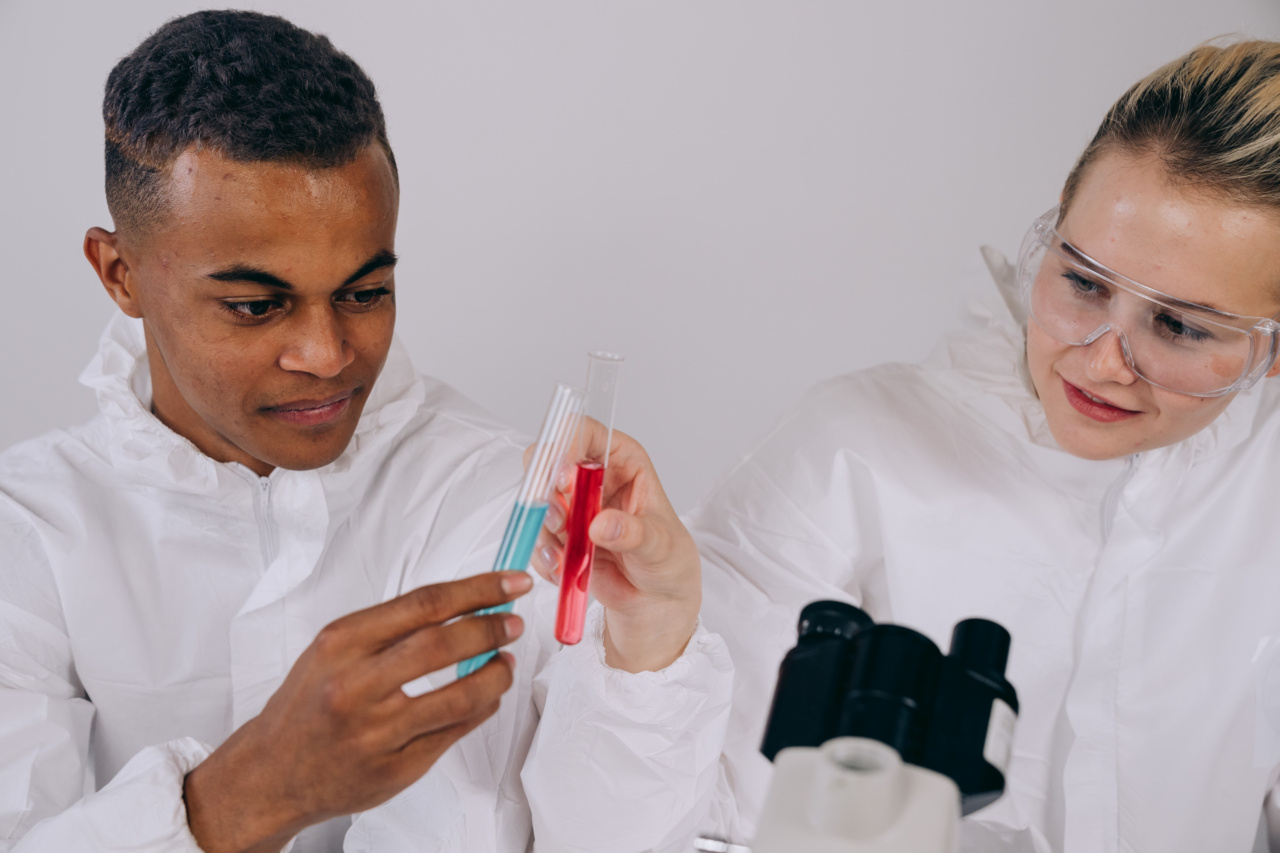Chemistry is an intricate science that plays a significant role in our relationships. From the moment we first meet someone to the sparks that can ignite a long-lasting bond, chemistry can make or break a connection.
When it comes to male chemistry, anthropologists have delved into the depths of human nature to understand what truly makes guys click. By examining biological factors, societal influences, and evolutionary patterns, these experts have shed light on the fascinating intricacies of male chemistry.
The Biological Basis of Male Chemistry
Biological factors play a fundamental role in male chemistry. Hormonal changes, such as increased levels of testosterone, can influence men’s behavior and emotions.
Testosterone is often associated with virility, dominance, and the drive to attract a mate. The presence of this hormone can lead to heightened confidence, assertiveness, and risk-taking behaviors, all of which can pique a woman’s interest.
Furthermore, the role of pheromones in male chemistry cannot be underestimated. Pheromones are chemical signals emitted by individuals that can trigger specific responses in others, including attraction.
These subtle scents can create an instant connection or repulsion, depending on compatibility and individual preferences.
Societal Influences on Male Chemistry
Society also plays a significant role in shaping male chemistry. Cultural norms, media portrayals, and societal expectations can influence how men perceive themselves and how they present themselves to potential partners.
Societal pressure to conform to certain ideals of masculinity, physical attractiveness, and success can affect the way men connect with others.
For instance, in some cultures, men are expected to be the pursuers, taking the lead in initiating romantic interactions. This can create an element of excitement and tension, as women may respond positively to confident and assertive behavior.
However, societal expectations can also limit men’s ability to express vulnerability or explore different styles of connection.
Evolutionary Patterns and Male Chemistry
Evolutionary psychology offers valuable insights into male chemistry by exploring behaviors and traits that have been favored by natural selection. According to evolutionary theories, men are driven by instincts to increase their reproductive success.
This drive can manifest in various ways, from seeking physical attractiveness to demonstrating resources and status.
One prominent theory is the “good genes” hypothesis, which suggests that women are attracted to men who possess indicators of good genetic material. These indicators can include physical symmetry, strong bone structure, and overall fitness.
It is believed that women instinctively seek partners who can provide healthy offspring, increasing their chances of survival.
The Importance of Emotional Connection
While biological and evolutionary factors can contribute to initial attraction, a sustainable connection requires more than just chemistry. Emotional compatibility and genuine connection play crucial roles in building and maintaining relationships.
Men who can establish a deep emotional bond and demonstrate empathy and understanding are more likely to forge lasting connections with their partners.
Furthermore, shared values, goals, and interests can provide a solid foundation for male chemistry. Building a relationship on mutual understanding and respect allows for long-term growth and satisfaction.
A deep emotional connection can transcend physical chemistry and create a bond that withstands the test of time.
The Complex Nature of Male Chemistry
Male chemistry is a multifaceted phenomenon influenced by a variety of factors. While biology, society, and evolution all contribute to the sparks that ignite attraction, it is essential to recognize that every individual is unique.
Personal experiences, upbringing, and individual preferences also shape male chemistry.
It is crucial to approach male chemistry with an open mind and a willingness to appreciate the diversity of human connections.
By understanding the intricate interplay of biological, societal, and emotional factors, we can gain a better grasp of what makes guys click and cultivate healthier and more fulfilling relationships.




























